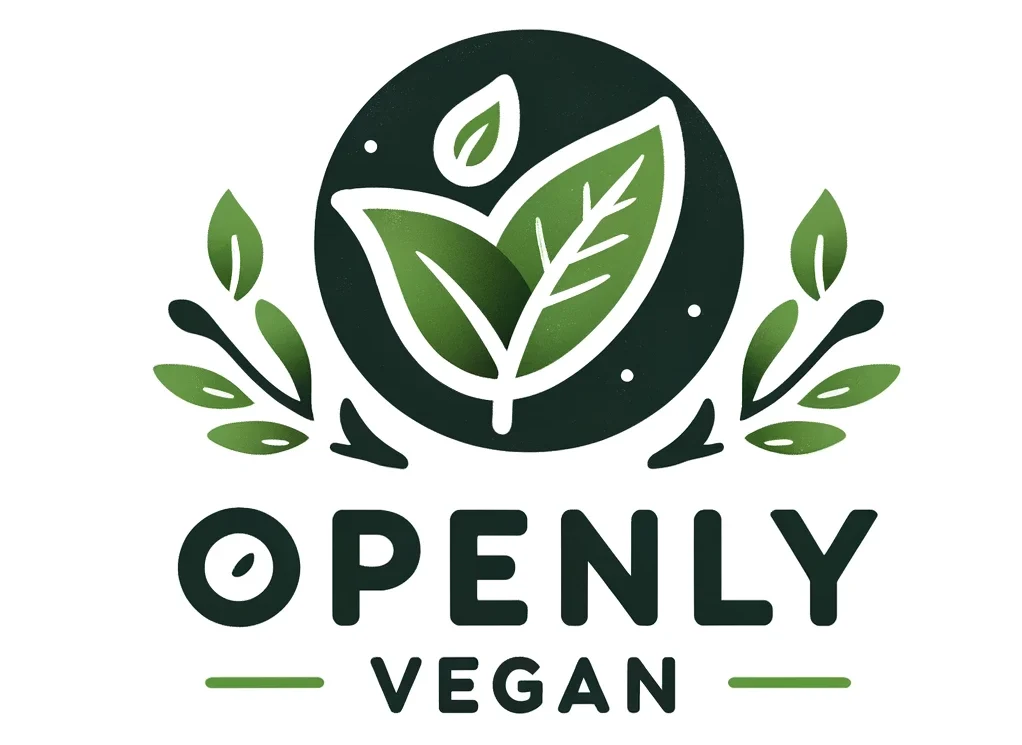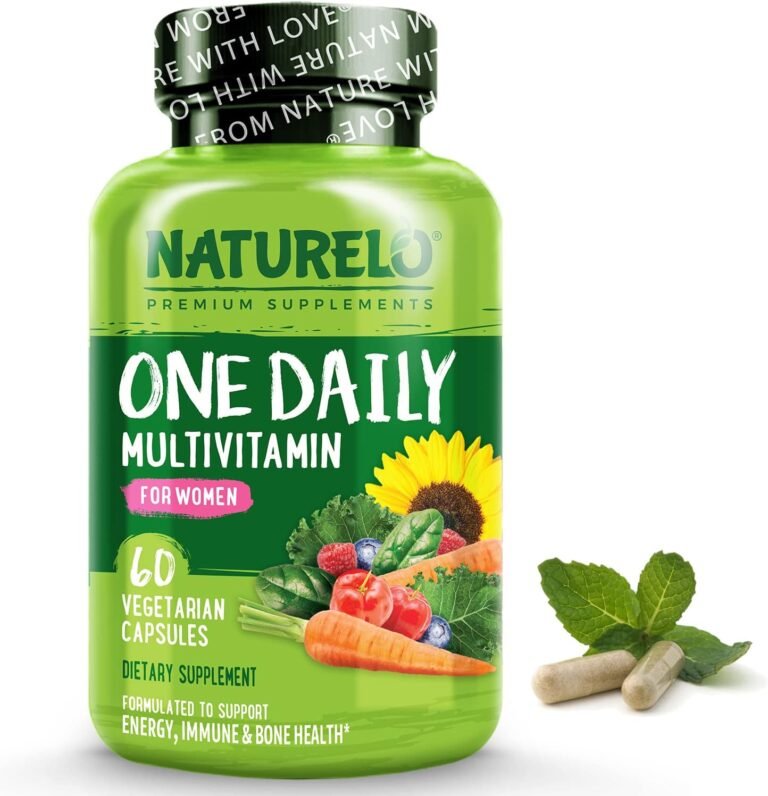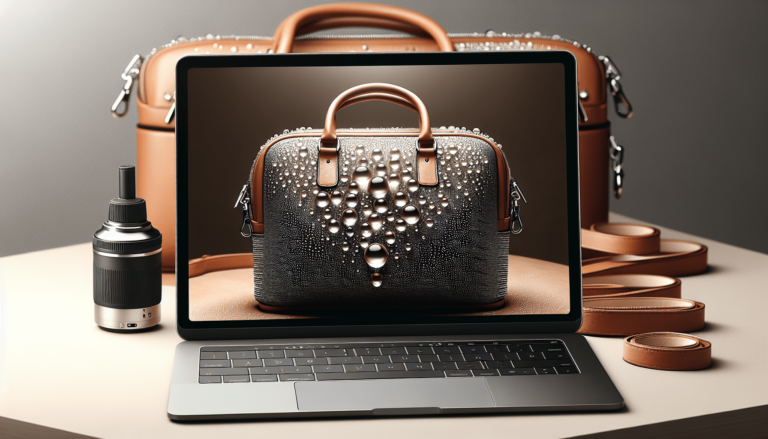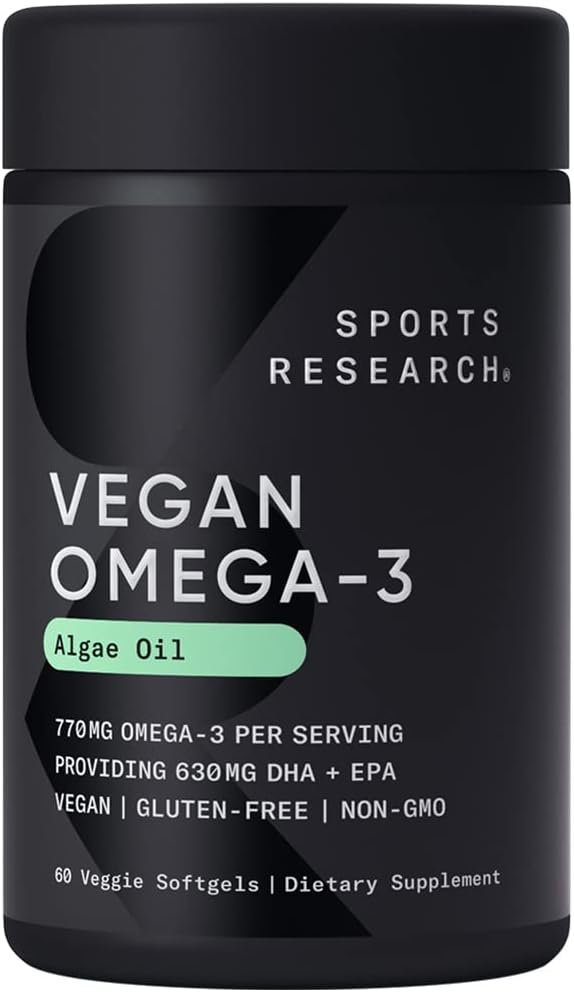The Rise of Vegan Shoes: Discover the Ethical and Eco-Friendly Footwear Revolution
In recent years, there has been a significant increase in the demand for ethical and eco-friendly footwear, leading to the rise of vegan shoes. These innovative and stylish alternatives provide consumers with a guilt-free way to step out in style without compromising their values.
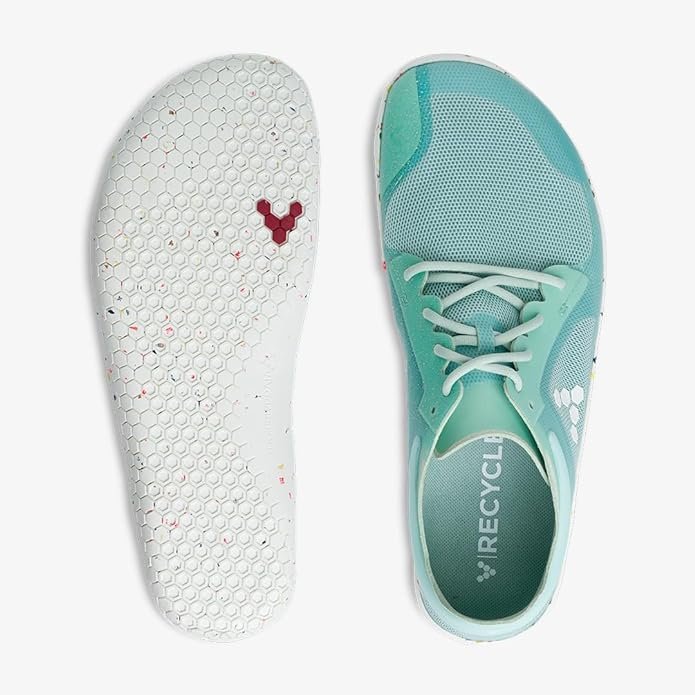
With sustainability becoming a global concern, vegan shoes have emerged as a popular choice for conscious consumers. Made from cruelty-free materials that do not harm animals, these shoes offer a solution for those with a moral preference to adopt a completely vegan lifestyle.
But it’s not just the ethical aspect that makes vegan shoes attractive. They also boast a range of environmental benefits. Traditional shoe manufacturing processes often involve the use of harmful chemicals and contribute to pollution. Vegan shoes, on the other hand, are made from sustainable and eco-friendly materials, reducing their impact on our planet.
From sneakers to boots, sandals to heels, the variety and style of vegan shoes available today are making a bold statement in the fashion industry. With more and more brands jumping on the vegan bandwagon, it’s clear that this footwear revolution is here to stay.
Join us as we explore the world of vegan shoes, discover the latest trends, and learn how you can make a conscious choice without sacrificing style.
The growing demand for vegan shoes
The growing awareness of animal welfare and environmental issues has led to a surge in the demand for vegan shoes. Consumers are increasingly seeking alternatives that align with their values, driving the popularity of cruelty-free footwear options. This shift in consumer behavior has prompted brands to expand their offerings to cater to this expanding market.
Moreover, the fashion industry’s recognition of the importance of sustainability has played a key role in the rise of vegan shoes. As more consumers prioritize ethical and eco-friendly choices, brands are adapting to meet these preferences. The demand for vegan shoes is not only driven by ethical considerations but also by the desire for fashionable and high-quality footwear that does not compromise on style.
The rise of social media influencers and celebrities advocating for vegan lifestyles has also contributed to the increased demand for vegan shoes. Their influence has helped raise awareness about the benefits of choosing cruelty-free options, inspiring their followers to make more conscious purchasing decisions. As a result, vegan shoes have gained mainstream popularity and are now considered a chic and socially responsible choice in the fashion world.
Understanding vegan shoes and their benefits
Vegan shoes are footwear products that are entirely free from animal-derived materials or by-products. Instead of using leather, suede, or other animal-based materials, vegan shoes are made from synthetic or plant-based alternatives. These materials can include organic cotton, cork, recycled plastics, and sustainable fabrics like hemp and bamboo.
By opting for vegan shoes, consumers can enjoy a range of benefits beyond ethical considerations. Vegan shoes are often more breathable and lightweight than traditional leather shoes, making them comfortable to wear for extended periods. Additionally, vegan materials are often more durable and water-resistant, providing long-lasting footwear options that can withstand various weather conditions.
Another significant benefit of vegan shoes is their versatility in design. With advancements in material technology, vegan footwear now comes in a wide variety of styles, colors, and textures, allowing consumers to express their individuality without compromising on their values. Whether you prefer casual sneakers, elegant heels, or sturdy boots, there is a vegan shoe option available to suit every taste and occasion.
The environmental impact of traditional footwear
The conventional footwear industry has long been associated with environmental degradation due to its reliance on resource-intensive and polluting manufacturing processes. The production of leather, in particular, has significant environmental consequences, including deforestation, water pollution, and greenhouse gas emissions. Additionally, the chemical treatments used in tanning leather pose health risks to workers and surrounding communities.
In contrast, vegan shoe manufacturing prioritizes sustainability and eco-friendliness throughout the production process. By using materials such as recycled plastics, natural rubber, and plant-based textiles, vegan shoe brands minimize their carbon footprint and reduce waste generation. These eco-friendly practices help mitigate the negative impact of footwear production on the environment and promote a more sustainable approach to fashion.
Furthermore, the shift towards vegan shoes can contribute to the conservation of natural resources and biodiversity. By eliminating the need for animal farming and reducing the demand for leather, vegan footwear supports the preservation of ecosystems and wildlife habitats. This holistic approach to footwear production aligns with the principles of circular economy and sustainable development, creating a more positive impact on the planet.
The rise of sustainable and cruelty-free materials in vegan shoes
The increasing demand for vegan shoes has driven innovation in the development of sustainable and cruelty-free materials for footwear production. Brands are now exploring a wide range of alternatives to traditional leather and animal-derived materials, creating stylish and durable vegan shoe options that appeal to environmentally conscious consumers.
One of the most popular materials used in vegan shoes is microfiber, a synthetic fabric that mimics the look and feel of leather without harming animals. Microfiber is lightweight, breathable, and water-resistant, making it an ideal choice for various shoe styles. Additionally, microfiber can be easily dyed in different colors and textures, offering versatility in design for vegan footwear brands.
Another sustainable material gaining traction in the vegan shoe industry is Piñatex, a natural textile made from pineapple leaf fibers. Piñatex is a by-product of the pineapple industry and provides a cruelty-free alternative to leather that is both biodegradable and compostable. This innovative material offers a unique texture and appearance, adding a touch of luxury to vegan shoes while promoting sustainable agriculture practices.
Fashion-forward and stylish vegan shoe brands
As the demand for vegan shoes continues to grow, an increasing number of fashion-forward brands are embracing cruelty-free and eco-friendly practices in their footwear collections. These brands combine innovative design with ethical principles, offering consumers a wide selection of stylish and sustainable shoe options that cater to diverse tastes and preferences.
Stella McCartney is one of the pioneering luxury brands that has championed vegan fashion, including footwear, in its collections. Known for her commitment to animal rights and sustainable practices, McCartney’s vegan shoes feature high-quality materials and avant-garde designs that challenge traditional notions of luxury fashion. Her bold approach to vegan footwear has influenced other designers and brands to explore cruelty-free alternatives in their own collections.
In the athletic footwear sector, brands like Adidas and Nike have introduced vegan shoe lines that cater to eco-conscious athletes and fitness enthusiasts. These brands use recycled materials and innovative technologies to create performance-driven vegan shoes that prioritize both sustainability and style. By offering vegan options alongside their traditional products, these brands are expanding their customer base and promoting a more inclusive and ethical approach to sportswear.
Celebrity endorsements and the popularity of vegan footwear
Celebrities and influencers play a significant role in shaping consumer trends and promoting ethical fashion choices, including vegan footwear. Many high-profile personalities have publicly endorsed vegan shoes and highlighted the benefits of choosing cruelty-free and sustainable options. Their influence has helped raise awareness about the environmental and ethical implications of traditional leather footwear, inspiring fans to make more conscious purchasing decisions.
Stars like Emma Watson, Miley Cyrus, and Jared Leto are known for their advocacy of vegan lifestyles and have been spotted wearing vegan shoes on red carpets and in everyday settings. Their support of cruelty-free fashion has sparked interest in vegan footwear among their followers, leading to increased visibility and demand for ethical shoe alternatives. The endorsement of vegan shoes by celebrities has helped destigmatize the perception of vegan fashion as niche or unfashionable, making it more accessible and mainstream.
Social media platforms have also played a crucial role in amplifying the message of celebrity endorsers and spreading awareness about vegan footwear brands. Influencers with large followings often collaborate with vegan shoe companies to promote their products to a wider audience, showcasing the diversity and style of cruelty-free footwear options available. This digital advocacy has contributed to the normalization of vegan fashion and encouraged consumers to explore sustainable and ethical alternatives in their wardrobe choices.
Ethical considerations in the vegan shoe industry
The vegan shoe industry places a strong emphasis on ethical production practices, ensuring that workers’ rights are respected and environmental standards are upheld throughout the supply chain. By prioritizing transparency and accountability, vegan shoe brands aim to create a positive impact on both people and the planet, aligning with the principles of fair trade and sustainable development.
Many vegan shoe companies partner with ethical manufacturers and suppliers to ensure fair wages, safe working conditions, and responsible sourcing of materials. By fostering long-term relationships with their production partners, these brands promote social responsibility and support initiatives that benefit local communities and artisanal craftsmanship. This commitment to ethical business practices sets vegan shoe brands apart in the fashion industry and establishes trust with consumers who value transparency and integrity.
In addition to ethical production, vegan shoe brands often engage in philanthropic activities and support charitable organizations that align with their values. By giving back to causes related to animal welfare, environmental conservation, and social justice, these brands demonstrate a commitment to making a positive difference beyond their products. Consumers who prioritize ethical considerations in their purchasing decisions are increasingly drawn to brands that demonstrate a genuine commitment to ethical values and social impact.
Where to buy vegan shoes and how to choose the right pair
Vegan shoes are now widely available from a variety of retailers, both online and in physical stores, catering to different budgets and style preferences. Dedicated vegan shoe brands, as well as mainstream fashion labels, offer diverse collections of cruelty-free footwear options that range from casual everyday wear to formal occasions. When shopping for vegan shoes, it’s essential to consider factors such as material quality, design aesthetics, and ethical credentials to make an informed purchase decision.
Online marketplaces like Amazon, Zappos, and specialized vegan shoe websites provide a convenient platform to browse and compare a wide selection of vegan shoe brands and styles. These platforms often feature customer reviews, product descriptions, and sizing guides to help shoppers find the right pair of vegan shoes that meet their needs and preferences. Additionally, many online retailers offer eco-friendly packaging and shipping options to reduce their environmental impact and promote sustainable shopping practices.
For those who prefer to try on shoes in person, specialty vegan shoe stores and boutiques offer a curated selection of cruelty-free footwear options in a physical retail setting. These stores provide personalized service and expert advice on choosing the right pair of vegan shoes based on fit, style, and comfort. By supporting local vegan businesses and independent retailers, consumers can contribute to the growth of the vegan shoe industry and promote sustainable fashion choices in their communities.
Vegan shoe care and maintenance tips
Proper care and maintenance are essential to prolong the lifespan of your vegan shoes and keep them looking their best. Unlike leather shoes, vegan materials may require different cleaning methods and products to maintain their appearance and integrity. By following these simple care tips, you can ensure that your vegan shoes remain in excellent condition and continue to be a sustainable and stylish choice for years to come.
To clean vegan shoes, use a soft brush or cloth to remove dirt and debris from the surface. For stubborn stains, gently scrub the affected area with a damp cloth and mild soap or a specialized vegan shoe cleaner. Avoid using harsh chemicals or abrasive materials that could damage the fabric or finish of your shoes. Allow your shoes to air dry naturally after cleaning, away from direct heat sources or sunlight, to prevent shrinkage or discoloration.
To maintain the shape of your vegan shoes, store them in a cool, dry place away from moisture and humidity. Use shoe trees or crumpled paper to help retain the shoe’s structure and prevent creasing. Rotate your shoes regularly to allow them to air out and avoid excessive wear on specific areas. If your vegan shoes become scuffed or scratched, use a matching color touch-up pen or polish to camouflage minor imperfections and restore the appearance of the material.
Conclusion: Embracing the future of ethical and eco-friendly footwear
The rise of vegan shoes represents a transformative shift in the fashion industry towards more ethical and sustainable practices. As consumers increasingly prioritize conscious choices in their purchasing decisions, vegan footwear has emerged as a stylish and eco-friendly alternative to traditional leather shoes. By embracing cruelty-free materials, innovative design, and ethical production standards, vegan shoe brands are paving the way for a more compassionate and environmentally conscious future in footwear fashion.
As the demand for vegan shoes continues to grow, it is essential for consumers to educate themselves about the benefits of choosing cruelty-free options and supporting brands that prioritize sustainability and ethics. By making informed decisions and advocating for positive change in the fashion industry, individuals can contribute to a more sustainable and inclusive footwear market that values animal welfare, environmental conservation, and social responsibility. Together, we can walk towards a brighter future where style meets conscience in every step we take.
